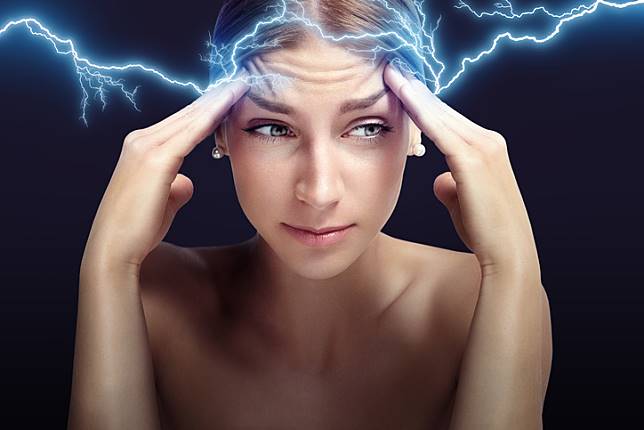Your brain, spinal cord and attached nerves tell your body what to do during every second of the day and night. This complex system is referred to as the nervous system. Because of its precise functions, the nervous system can have negative reactions when damage or abnormalities are present. If you notice symptoms for any of the conditions below, be sure to consult a neurosurgeon as soon as possible to get the best treatment and prognosis.
Let’s take a closer look at the most common neurological conditions you can find in the medical world today according to Orange County Neurosurgeon’s website. Researchers search for solutions every day.
Dementia
Dementia is a catchall term that describes several different ailments, including Alzheimer’s Disease. An aging person may suffer from brain-cell damage that’s caused by the disease. Memory loss, focus issues and other declines may be noticeable to loved ones. This neurological condition isn’t just another part of the aging process. It’s a disease that can be treated for the most part.
The key to dealing with dementia is catching the problems early on. Medications and mental stimulation may be used to control the declining symptoms. Millions of people suffer from these dementia ailments every day.
Parkinson’s Disease
Thousands of cases of Parkinson’s Disease are diagnosed every year. It’s a common ailment that plagues older people. Generally, this ailment causes nerve-cell decline and tissue death. Researchers don’t have a clear reason of why some people develop Parkinson’s and others avoid it.
Genetics and the environment are thought to play parts in Parkinson’s development. Tremors, physical challenges and speech changes are typical symptoms. Doctors have many treatment options today, although there is no outright cure. Working with your general practitioner is a good, first step.
Epilepsy
Epilepsy is characterized by uncontrollable seizures triggered by some stimuli. Similar to autism, epileptics deal with a varied spectrum of seizure issues. Some people might deal with weekly seizures, whereas other patients experience monthly incidents.
An injury or genetic tendency tend to be the causal factors at this point. When people experience a seizure, their brain waves are disrupted. The signals don’t reach the proper neurons, which triggers the severe response. This disorder is a commonplace ailment that impacts both children and adults.
Injury-Based Ailments
Neurological disorders can also appear after an injury to the head. Concussions, car accidents and other injuries impact the brain tissue. Nerves and brain cells might lose connections altogether. Each part of the brain has a specific purpose so the resulting symptoms of an injury are vast in number.
There might be speech impediments, physical-movement problems and other issues. Some head injuries may not be so obvious. People who move forward with their lives after a trauma may not receive the care that they require. Serious problems can be the result.
Brain Cancer
Cancer impacts the body in various locations. Brain cancer is relatively common. It can develop within the brain or travel from other tissues, such as through the bones. Cancer involves the growth of tumors that push other tissues aside. These tissues often die back, such as in the confined space within the skull. Neurological symptoms occur systematically as the tumors grow in size. The lack of brain tissue creates both mental and physical problems.
Meningitis
Bacterial meningitis is a treatable disorder, but many people go undiagnosed. In reality, any type of meningitis can lead to neurological disorders. This disease is actually an infection of the membranes that surround the brain. It can lead to brain damage when it isn’t treated in a timely manner.
The infected membranes cause brain tissue to die back. This tissue cannot grow back like a cut on the skin. You might notice hearing loss, physical problems and memory difficulties. Because this disorder is an acute issue, working alongside your doctor is imperative to a successful prognosis.
Stroke
A stroke is a sudden loss of blood to a particular part of the brain. The lack of blood to the brain cuts off oxygen levels too. As a result, those brain cells die off. Your recovery from a stroke will include some neurological healing. Some people may feel emotional changes or difficulty with physical movements. Feeling “normal” again is possible in some cases. Mild strokes are easier to recover from when compared to severe types. Cutting off oxygen to the brain for only a minute or two can cause significant damage.
You are the best observer of your own body. If you notice any issues with your body that are unusual, bring up these facts with your doctor. Neurologic conditions can arise in anyone at any time. Being observant can help you face an ailment and possibly control it before it worsens.

